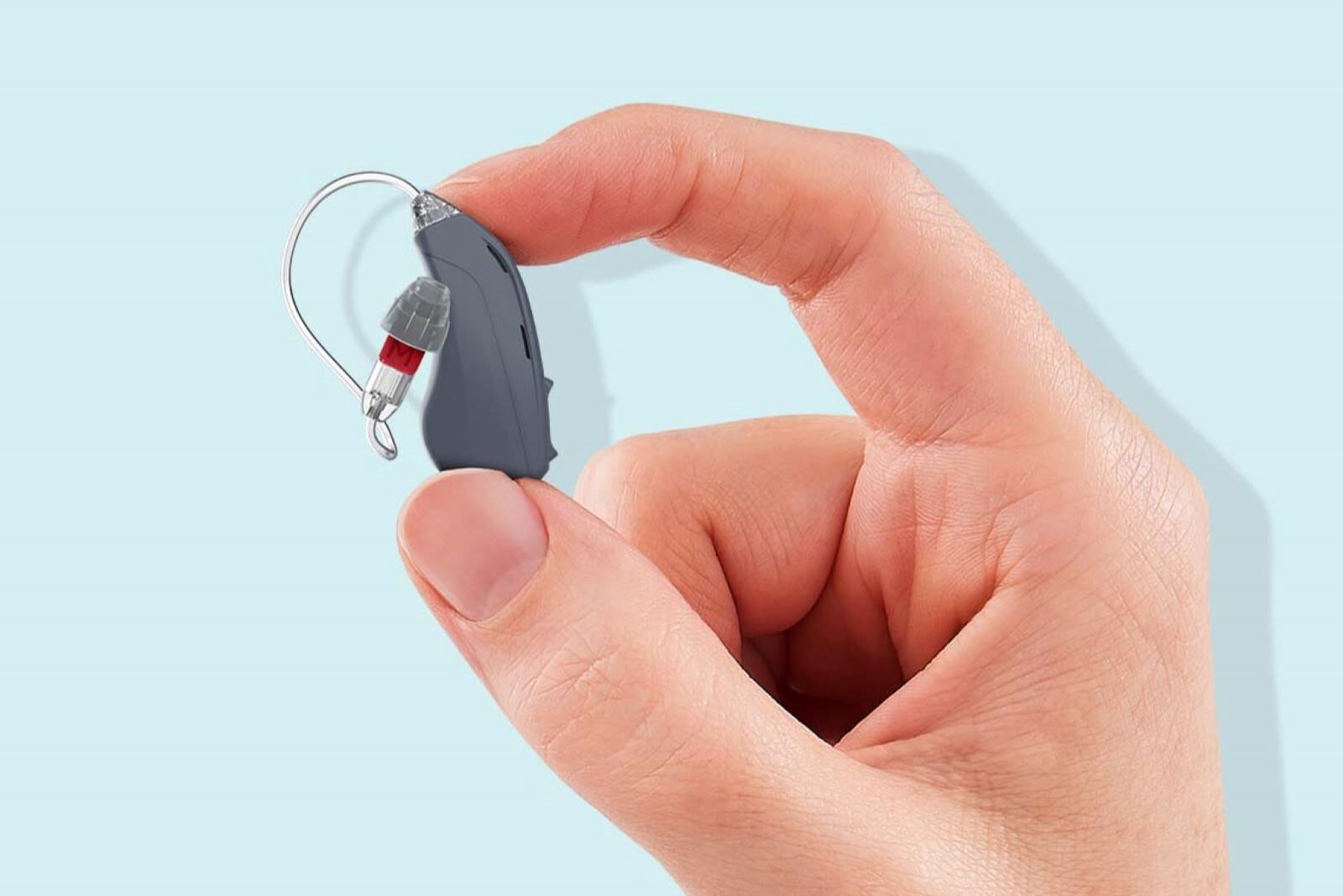
Hearing loss is a common condition that affects people of all ages, and it can be frustrating to deal with. Fortunately, the introduction of over-the-counter (OTC) hearing aids has made it easier for people with mild to moderate hearing loss to self-treat without having to visit a doctor or audiologist. However, it’s important to understand the differences between OTC and prescription hearing aids and determine which one is right for you.
In this article, we’ll explore the pros and cons of OTC hearing aids, who can benefit from them, and who should avoid them.
What are OTC Hearing Aids?
OTC hearing aids are amplifying devices that can be set up, calibrated, and adjusted by the user without the need for a doctor or audiologist visit. They are regulated as medical devices by the FDA and differ from Personal Sound Amplification Products (PSAPs), which are subpar amplifying equipment that can be purchased without a prescription or seeing a healthcare provider.
Compared to prescription hearing aids, OTC hearing aids are cheaper, do not require a hearing test to purchase, and are generally only suitable for those with mild to moderate hearing loss. However, they lack cutting-edge features such as activity tracking and artificial intelligence. Pros and Cons of OTC Hearing Aids
Benefits:
Suitable for those with mild to moderate hearing loss: OTC hearing aids can be a viable option for those with mild to moderate hearing loss. They are designed to amplify sound and improve the clarity of speech, making it easier to communicate with others.
Convenient and cost-effective: OTC hearing aids are designed to be more accessible and affordable than traditional hearing aids. They do not require a hearing test or a prescription, which can save time and money. They can also be purchased online or at a retail store, making them more convenient to obtain.
No need for a hearing test or a prescription: Unlike traditional hearing aids, OTC hearing aids do not require a hearing test or a prescription. This means that they can be purchased and used without the need for a medical professional.
Limitations:
Not suitable for children, those with severe or profound hearing loss, and those who cannot communicate or make medical decisions: OTC hearing aids are not suitable for everyone. They are designed for adults with mild to moderate hearing loss who can communicate and make medical decisions. Children and those with severe or profound hearing loss require specialized care and attention from hearing professionals who are trained to work with them.
Lack of identification and addressing underlying causes of hearing loss: OTC hearing aids do not address the underlying causes of hearing loss. They are designed to amplify sound, but they do not address the underlying medical conditions that can cause hearing loss. It’s essential to seek professional guidance when considering hearing treatment options to identify the underlying cause of your hearing loss and receive appropriate treatment.
No additional assistance for professional setup or maintenance: Unlike traditional hearing aids, OTC hearing aids do not come with the benefit of professional setup and maintenance. It’s important to ensure that your hearing aids are optimized for your hearing loss and working correctly, which may require assistance from a hearing professional.
Who Benefits from OTC Hearing Aids?
OTC hearing aids are suitable for those with mild to moderate hearing loss and who value convenience highly. People who live far away from hearing health professionals or have a limited budget may find OTC hearing aids an attractive option. However, children, those with severe or profound hearing loss, those who cannot communicate or make medical decisions, and those whose needs cannot be met by OTC hearing aids should consider prescription hearing aids.
Who Should Avoid OTC Hearing Aids?
While OTC hearing aids are less expensive, they lack additional assistance such as professional setup and maintenance of the hearing aid, which can affect the success of using hearing aids.
Additionally, OTC hearing aids cannot identify or address the underlying cause of hearing loss, and users may miss out on crucial follow-up visits to the hearing specialist for adjustments and guidance. Therefore, OTC hearing aids may be beneficial in the short term, but they may discourage users from seeking medical attention for their hearing loss.
Whatever You Decide, Seek a Professional Opinion
The availability of OTC hearing aids is excellent news for people with hearing loss, but not everyone should use them. To determine whether OTC or prescription hearing aids are best for you, it is essential to consult a hearing health professional. They can guide you in making the best decision for your hearing health and ensure that you receive the proper diagnosis and treatment.
If you’re looking for a hearing professional to guide you, we’re ready and willing. Contact us today to set up a consultation.
